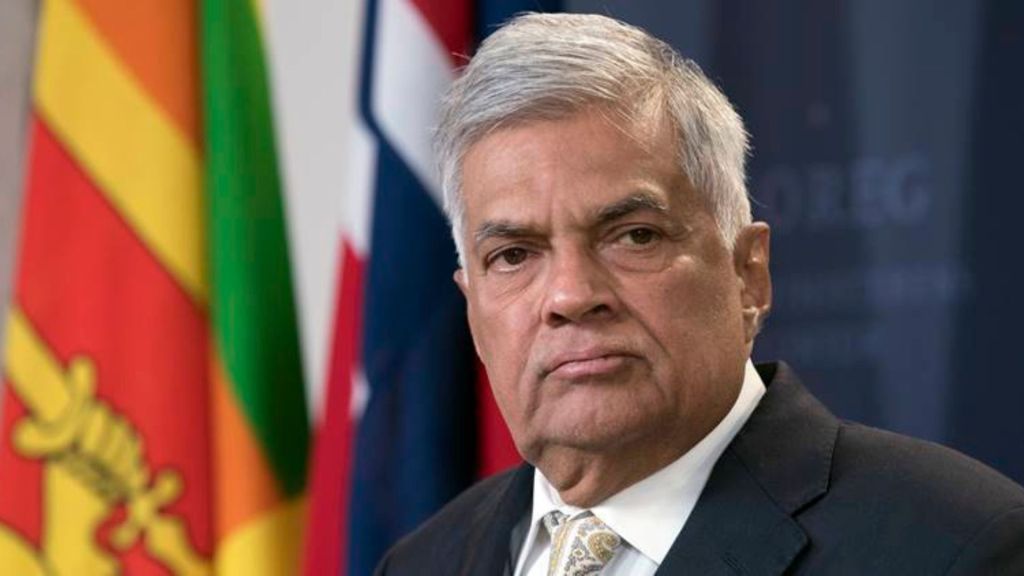
COURT CONVICTS SRI LANKA PRESIDENT OVER VOTE DELAY
On Thursday, Sri Lanka’s top court ruled President Ranil Wickremesinghe guilty of “unlawful conduct” for indefinitely postponing municipal elections viewed as an unofficial vote on his economic policies.
Because Wickremesinghe maintains immunity while in government, the decision has no immediate legal ramifications, but the state of the economy is expected to be a major issue for voters in the presidential election next month.
Because the local elections in March 2023 were postponed, the presidential election on September 21 will be the first since Wickremesinghe took office almost two years ago.
He gained office in July 2022, when demonstrators outraged by an enormous financial crisis deposed strongman President Gotabaya Rajapaksa.
Wickremesinghe, 75, is running for re-election to a five-year term next month, but he faces stiff competition from other contenders.
A five-judge Supreme Court bench led by Chief Justice Jayantha Jayasuriya unanimously ruled on Thursday that Wickremesinghe failed to release funds for the March 2023 local government elections.
Despite an earlier court order to finance the vote, Wickremesinghe’s administration claimed that the funds in state coffers were required to pay public personnel and pensions.
The court ruled that Wickremesinghe’s “arbitrary and unlawful conduct” in stopping the local polls violated constitutional rights.
Wickremesinghe addressed his supporters just outside Colombo on Thursday, saying he was “not sorry” for postponing local council elections last year while the economy was still struggling.
“Not sorry because the time was spent ensuring the right to life and committed to protecting both the right to vote and live,” Wickremesinghe was quoted as saying by his campaign office.
The court directed the independent election commission to organise the municipal elections as quickly as feasible, but without interrupting the impending presidential election.
The state was also compelled to cover the legal fees of four petitioners who opposed the prolonged delay of the elections.
Wickremesinghe, a former opposition member of parliament, was voted as interim president by legislators in July 2022 after his predecessor Rajapaksa resigned in protest of the economic crisis.
Wickremesinghe received a $2.9 billion bailout loan from the International Monetary Fund (IMF) in March 2023, after hiking income taxes, eliminating energy subsidies, and raising prices.
The March 2023 municipal election was largely interpreted as a referendum on the controversial austerity measures imposed to achieve the IMF bailout.
Opposition parliamentarians accused Wickremesinghe of using the economic crisis to undermine democracy.
AFP
